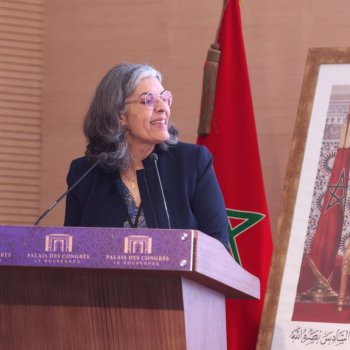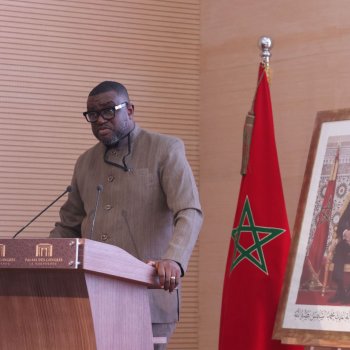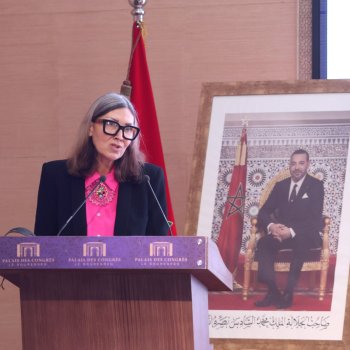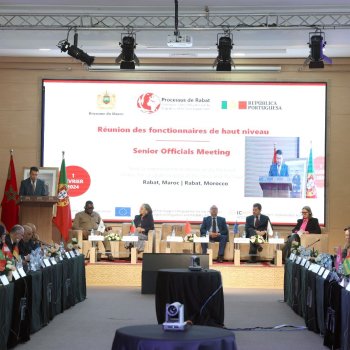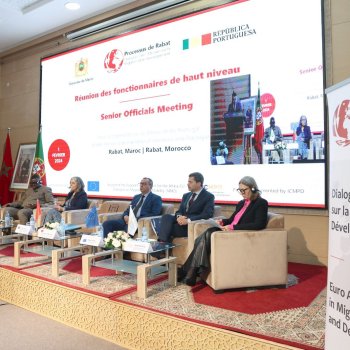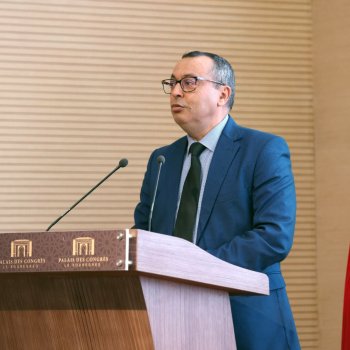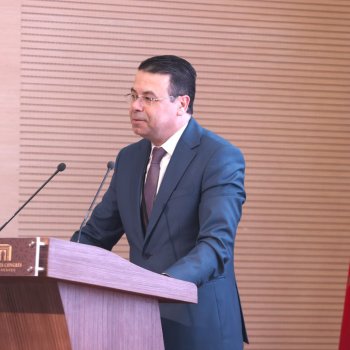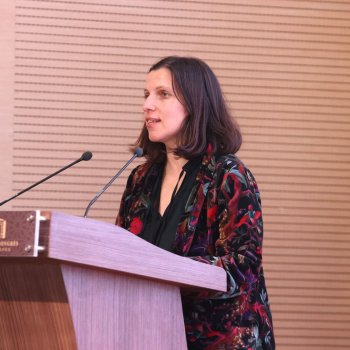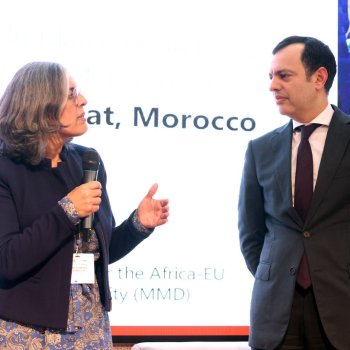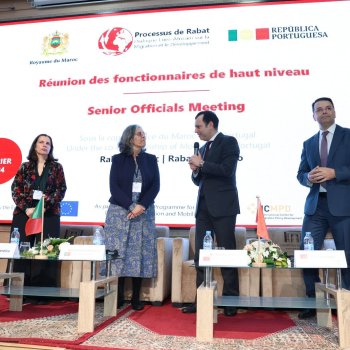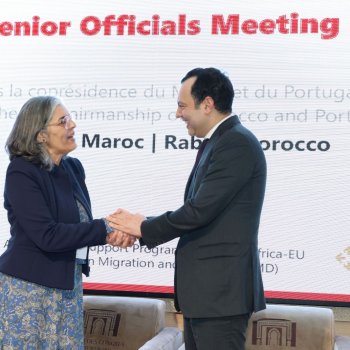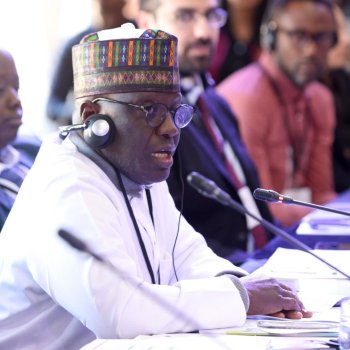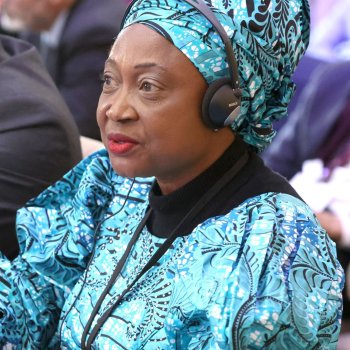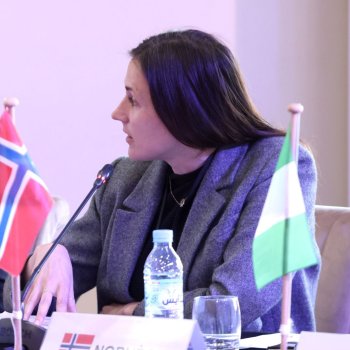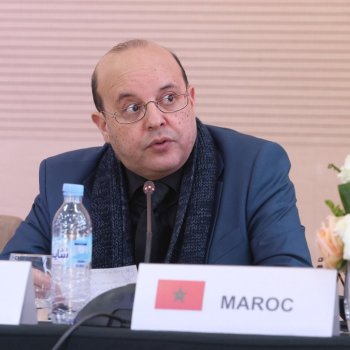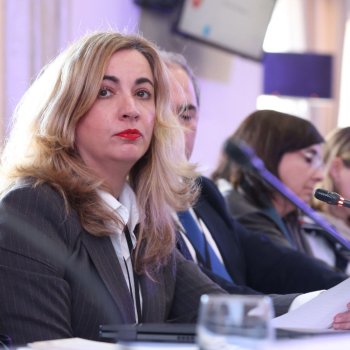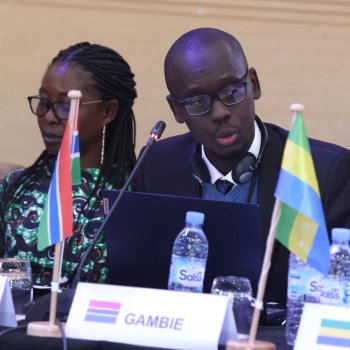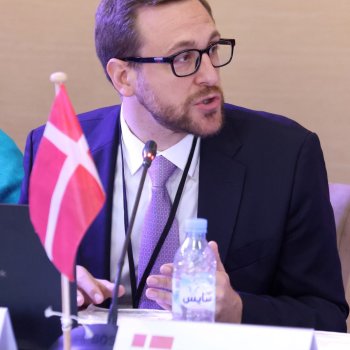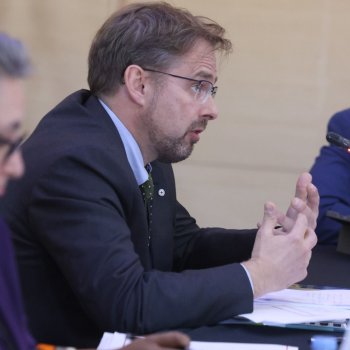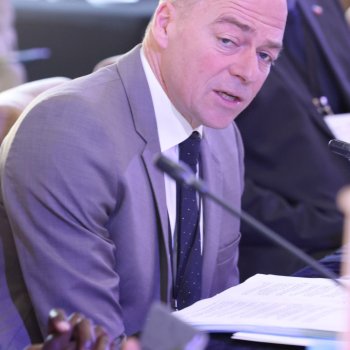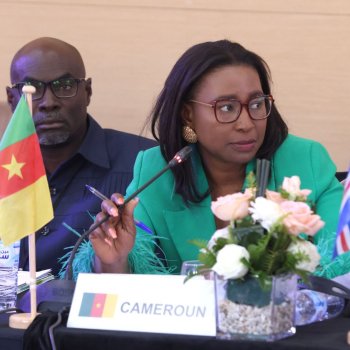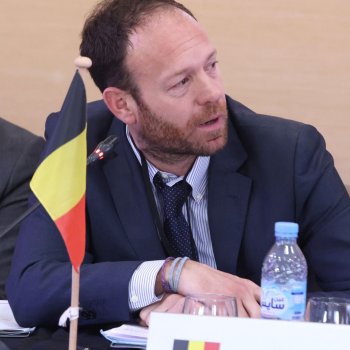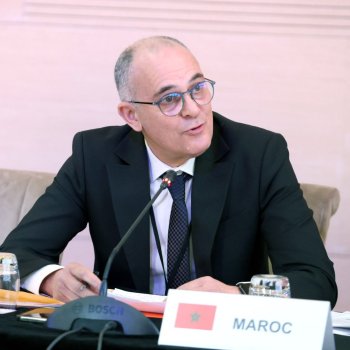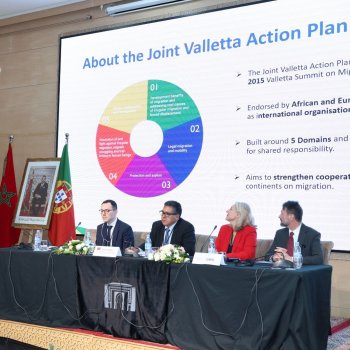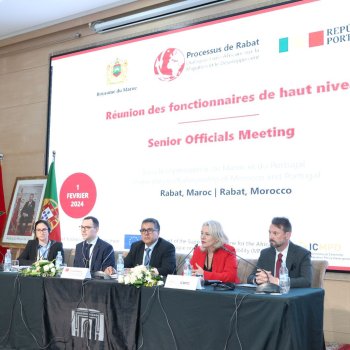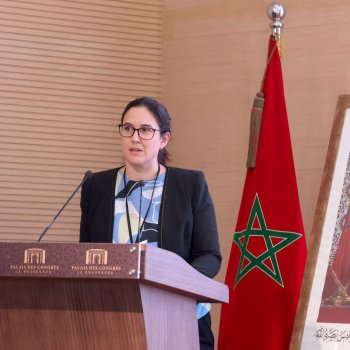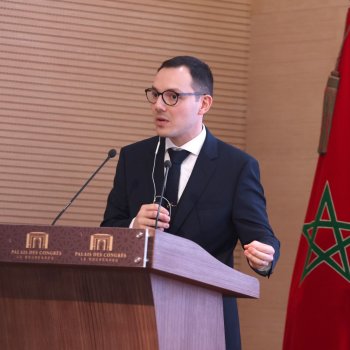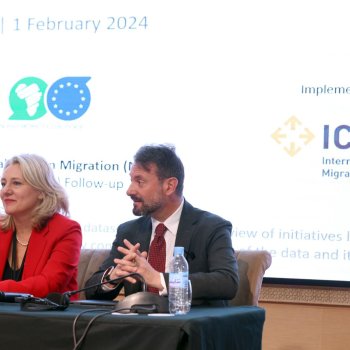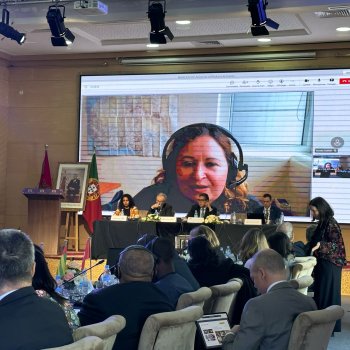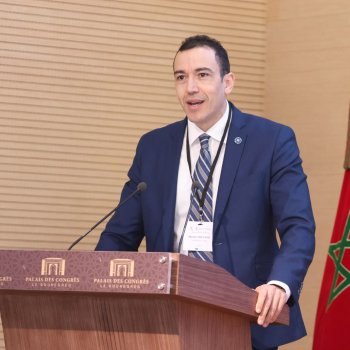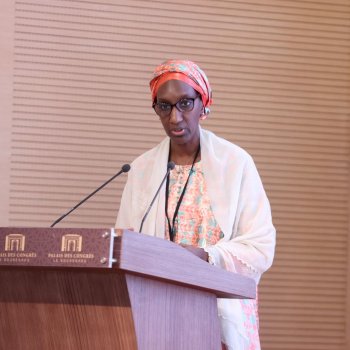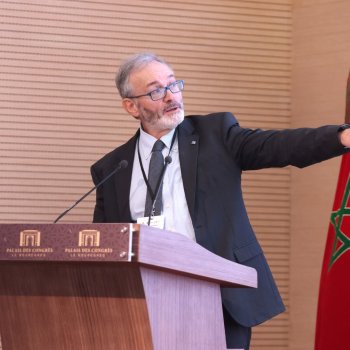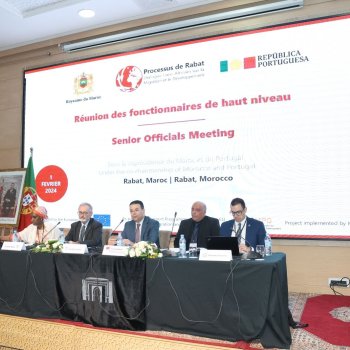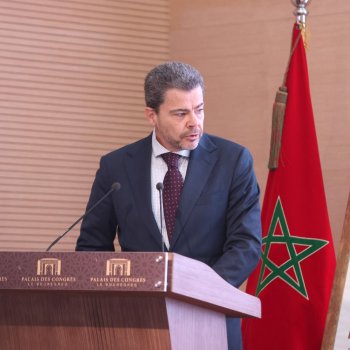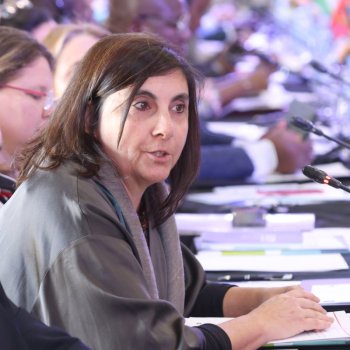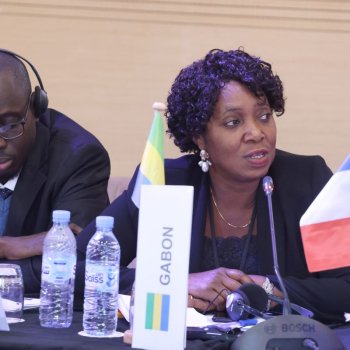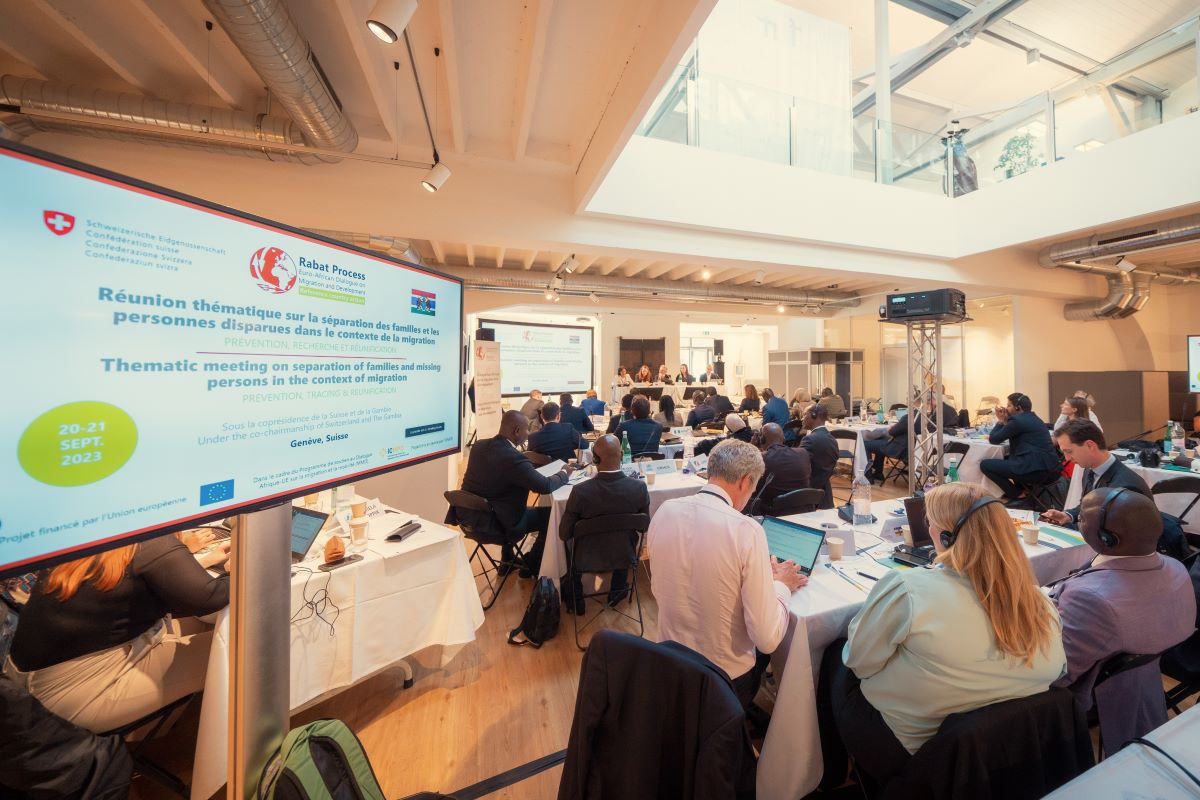On 1 February 2024, Morocco convened a Senior Officials Meeting of the Rabat Process to assess progress made in the implementation of the Cadiz Action Plan 2023-2027 and hand over the Dialogue Chairmanship to Portugal, co-chair of the meeting. A total of 115 participants from 41 European and African countries attended the meeting which took place in Rabat, Morocco. Participants reaffirmed the crucial role of the Rabat Process in tackling current challenges and acknowledged significant progress made during Morocco’s Chairmanship.
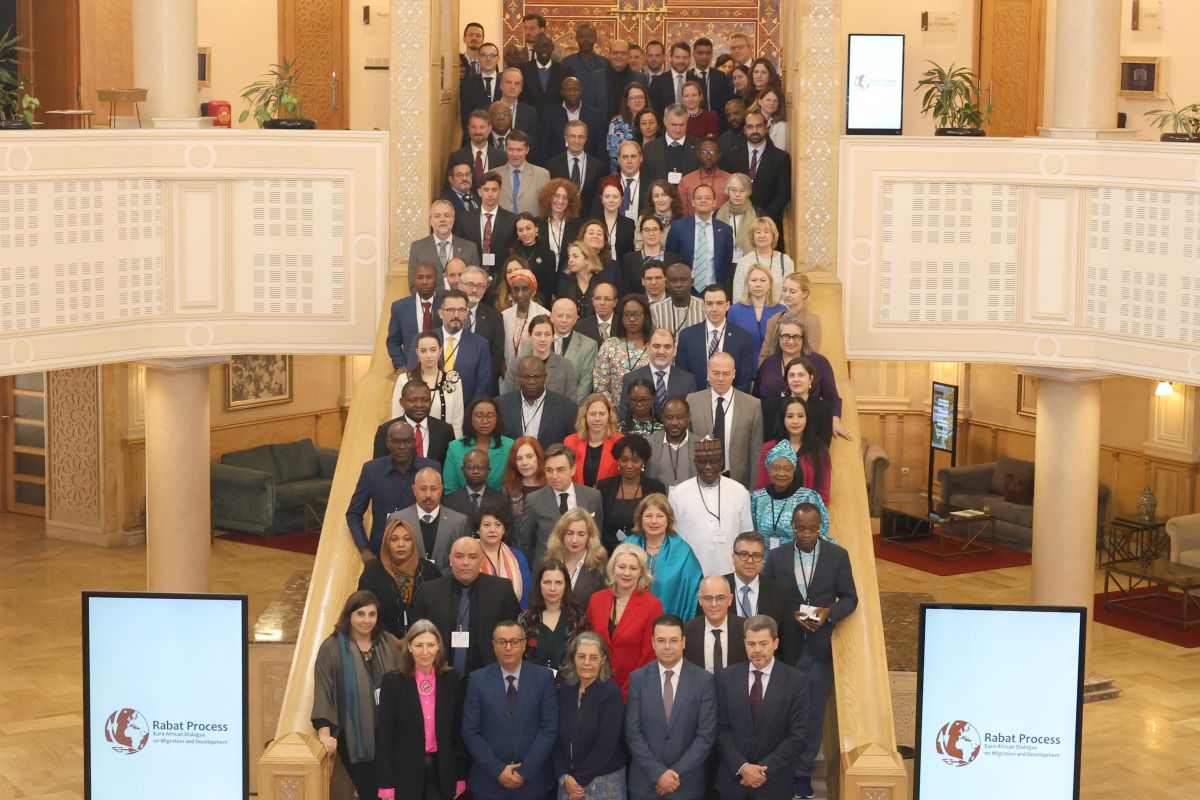
The relevance of Dialogue in a time of polycrisis
The high-level officials speaking at the meeting emphasised the relevance of the Rabat Process as a platform for multilateral cooperation, especially given the ongoing polycrisis which affects global migration flows. Particularly West and Central Africa currently face major challenges such as desertification, food insecurity, high population growth and protracted crises and conflicts. Speakers highlighted the crucial role of collaboration, solidarity and shared responsibility in responding to those challenges while safeguarding migrants’ rights. This was underpinned by presentations made by several permanent observer organisations (UNHCR, ICRC, IOM and UNODC) of the Rabat Process which informed participants on the latest developments in the field of migration.
Assessing results and achievements
The Senior Officials Meeting was an opportunity to look at the progress made in the implementation of the Cadiz Action Plan 2023-2027, the current strategic framework of the Rabat Process, as well as the Joint Valletta Action Plan (JVAP) which are two complementary frameworks involving the Rabat Process partner countries. Data collected on projects and policies in the JVAP framework was presented and discussed.
As part of the EU-funded programme providing support to the Rabat Process, a new grants component was introduced as a mechanism to enhance the involvement of civil society and diaspora organisations as well as local authorities in migration-related initiatives, linked with the Africa-EU Migration and Mobility Dialogue (MMD).
A comprehensive approach, addressing all five action areas
A look back at the activities since the adoption of the Cadiz Action Plan in December 2022 showed a comprehensive and balanced thematic approach. All five areas of the action plan were addressed during the 2023 meetings, including 5 out of the 10 objectives contained in the Action Plan and 11 out of the 29 associated actions. The results of those meetings were presented by the African and European countries co-chairing them. In addition, joint meetings with the Khartoum Process were acknowledged as a successful means to create additional synergies.
Areas of the Cadiz Action Plan
Area 1: Development benefits of migration and addressing the root causes of irregular migration and forced displacement
Area 2: Regular migration and mobility
Area 3: Protection and asylum
Area 4: Irregular migration, migrant smuggling and trafficking in human beings
Area 5: Return, readmission and reintegration
Chairmanship handover to Portugal: planning the next steps
In the concluding session, Morocco formally handed over the Chairmanship of the Rabat Process to Portugal. For the duration of one year, it is now Portugal’s role to provide impetus to the Dialogue and set the agenda. Portugal presented its priorities for 2024 and put forward a provisional calendar of activities. Meetings focusing on areas 1, 2 and 3 of the Cadiz Action Plan will be organised together with the partner countries, with a special emphasis on associated actions not previously covered by meetings.
Documents
- Outcome document - Senior Officials Meeting 2024, Rabat Process
- Presentations - Senior Officials Meeting 2024, Rabat Process

